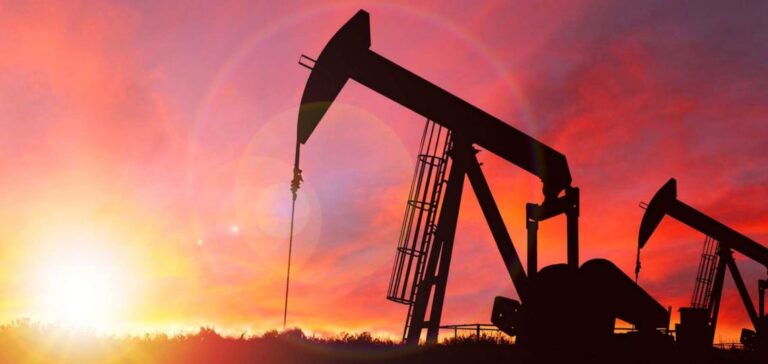Oil prices were declining again on Monday, as hopes for an easing of restrictive measures in China were weakened by the first Covid-19-related death in several months.
At around 10:55 GMT (11:55 in Paris), a barrel of Brent North Sea for delivery in January 2023 gave up 0.67% to 87.03 dollars.
U.S. West Texas Intermediate (WTI) for December delivery was down 0.47% to $79.70 a barrel.
China announced on Sunday its first death from Covid-19 since May, an 87-year-old man in Beijing, where the rising number of cases is gradually leading to closures of establishments and businesses.
With China being the world’s largest importer of crude, “demand concerns have moderated the year-to-date price increase” to just over 10% “from a 50% increase in June,” commented Richard Hunter, analyst at Interactive Investor.
Fears of recession around the world are weighing on the demand outlook, and therefore on prices.
“Offshore oil reserves (with crude stored on carriers, ed. note) are at their highest since May 2020, which could translate into higher onshore reserves,” notes Giovanni Staunovo, an analyst at UBS.
On the other hand, these reserves “should fall at the end of the year with the decrease in production of the Opec+, the limitation of Russian exports and the end of the use of U.S. strategic reserves,” he lists.






















